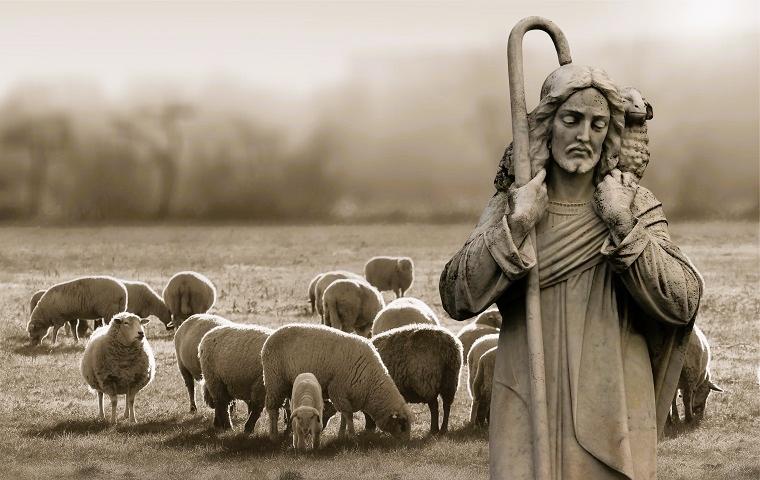
Bible Study series No.16 from the Gospel of John "Christ is the Gate and the Good shepherd."
In verses 22-23, "Then came the Festival of Dedication at Jerusalem. It was winter, and Jesus was in the temple courts walking in Solomon’s Colonnade."
There is a Jewish festival called Hanukkah. Jesus celebrated Hanukkah, too.
In the 2nd century B.C., Judea came under Syrian rule, and as a policy of occupation, Syria thoroughly suppressed Judaism. In 175 B.C. King Antiochus IV of Syria sacked the Temple, set up Zeus and other idols, forced Jews to worship them, and forbade them to observe any of the Jewish laws such as the Sabbath, circumcision, and offerings. Those who did not were put to death. Furthermore, the Syrian king called himself a present god, set fire to the city, destroyed the walls, slaughtered 80,000 Jews, 40,000 were taken captive, and 40,000 were made slaves.
Unable to endure this oppression, Maccabean, a Jewish priestly family, led his people in a rebellion, and after three years of fighting, they were victorious, and in 165 B.C., the Jerusalem Temple was opened and rededicated for worship to God. Hanukkah means "consecration" in Hebrew.
At the time, the temple was opened and only one untainted pot of oil was found to light the temple candlesticks, and when the candlesticks were lit again, the oil, which was less than enough for one day, burned for eight days. The miracle has happened. So, they celebrate for eight days, also known as the "Festival of Lights.”
A special candlestick is called hanukiah, which has eight branches and nine candleholders. On the eighth day, all the candles are lit. Although Hanukkah has an epic historical background, it is said that the timing of Hanukkah coincides with the Christian Christmas season, and they celebrate in a joyful way that could be called the Jewish version of Christmas.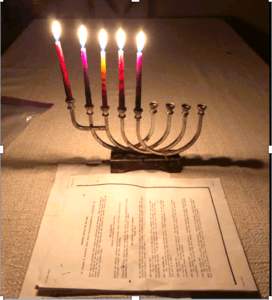
Let's get into the main subject.
Chapter 10 is a continuation of chapter 9, where we read in verse 40-41, Some Pharisees who were with him heard him say this and asked, “What? Are we blind too?” Jesus said, “If you were blind, you would not be guilty of sin; but now that you claim you can see, your guilt remains.”
This is where Chapter 10 begins.
The Pharisees did not receive Jesus' words correctly.
Jesus referred to the Pharisees, "Whoever does not enter the sheepfold through the gate but comes over the other side."
In verse 3, Jesus said, "The gatekeeper opens the gate for him, and the sheep listen to his voice. He calls his sheep by name and leads them out.”
This means that the shepherd not only remembers the name of each sheep but also knows the sheep enough.
The second half of verse 10 says, "The thief comes only to steal and kill and destroy; I have come that they may have life and have it to the full.
Jesus declares that He came into the world so that mankind could have a real-life and have it abundantly.
In other words, we can say that we can be saved from sin and live a truly vibrant life.
"Abundant life" does not mean only material or mental wealth, but also holistic blessings, including spiritual joy.
But now, Jesus says, “He will lay down His life,” which was the light shining in the darkness, is the proof that he is the Good Shepherd. The laying down of life refers to the death on the cross. In other words, I think it means that Jesus himself stands in the darkness.
There are times in our lives when we pass through a world of darkness that we cannot solve on our own. Sickness, trials, failures and frustrations, innocent slander, bereavement, and so on.
But Jesus is saying here that He is the one who is willing to lay down His life to be with us in our darkness.
As a pastor and a doctor, I try my best to help those who are suffering, but sometimes I feel limited and helpless. Every time I do, I am tormented by feelings of remorse.
There have been times when I had run away, thinking that I could never do this anymore.
However, by praying, trusting, and surrendering to Jesus while wondering what Jesus would do, I often find that the burden becomes lighter, and I get the courage to be involved again.
I am not enough, but Jesus encourages me to continue to be there for them in whatever way I can.
Looking up to Jesus, the gate, and the good Shepherd, I hope to continue to be a person who walks with those who suffer.
Another thing I want to make sure with you today is that Jesus is not only with the sheep that are protected and at ease in the enclosure, but also with the sheep that are not even in the enclosure. I hope we can remember that Jesus' heart is not to leave anyone person behind but to invite them to come to Him. The Pharisees and Gentiles of other religions who oppose Him are still precious sheep in His eyes. In other words, they are not His enemies.
Postlude:
Thank you so much for your prayers. We passed the exam.
We would like to give glory to the Lord and sincerely thank all the readers for their concern and encouragement.
From now on, we would like to make efforts to strengthen voluntary disaster prevention together with the people in the community.

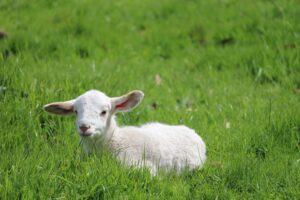

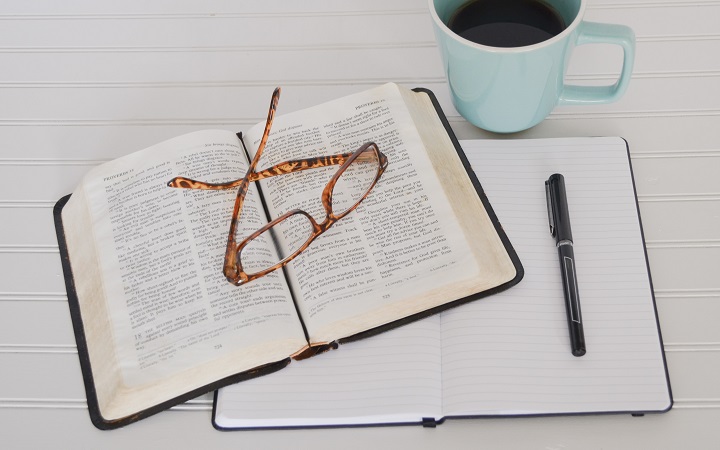
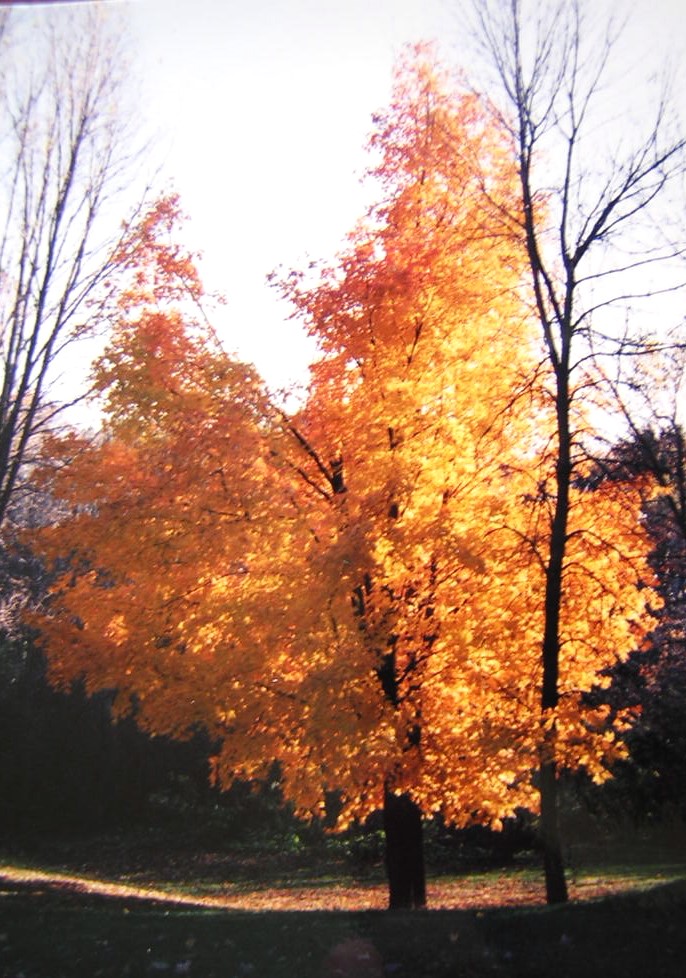
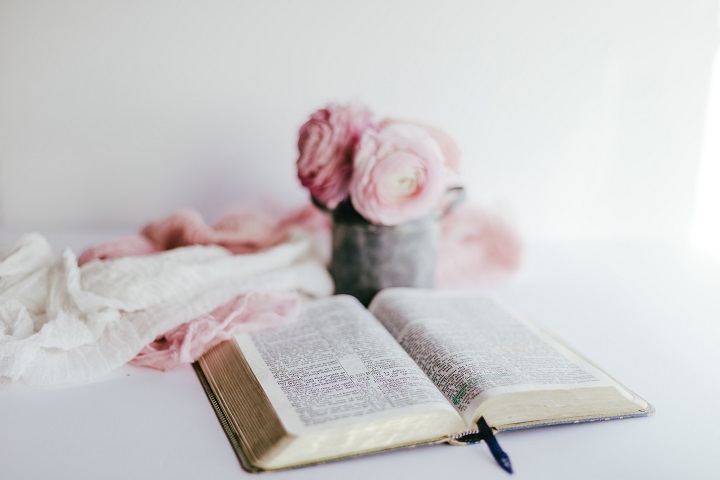

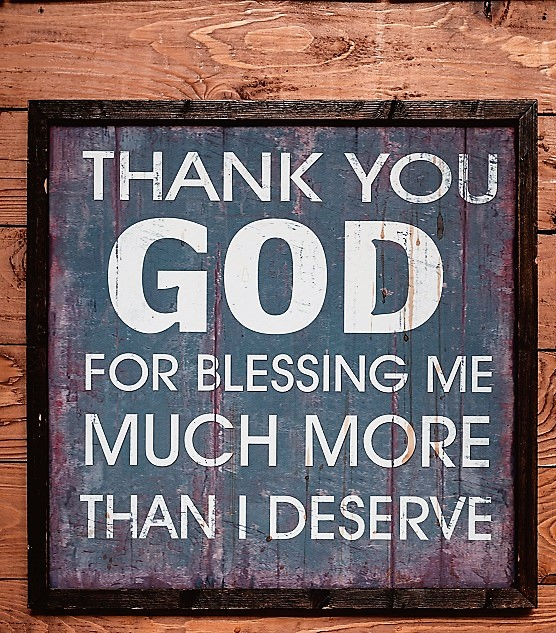

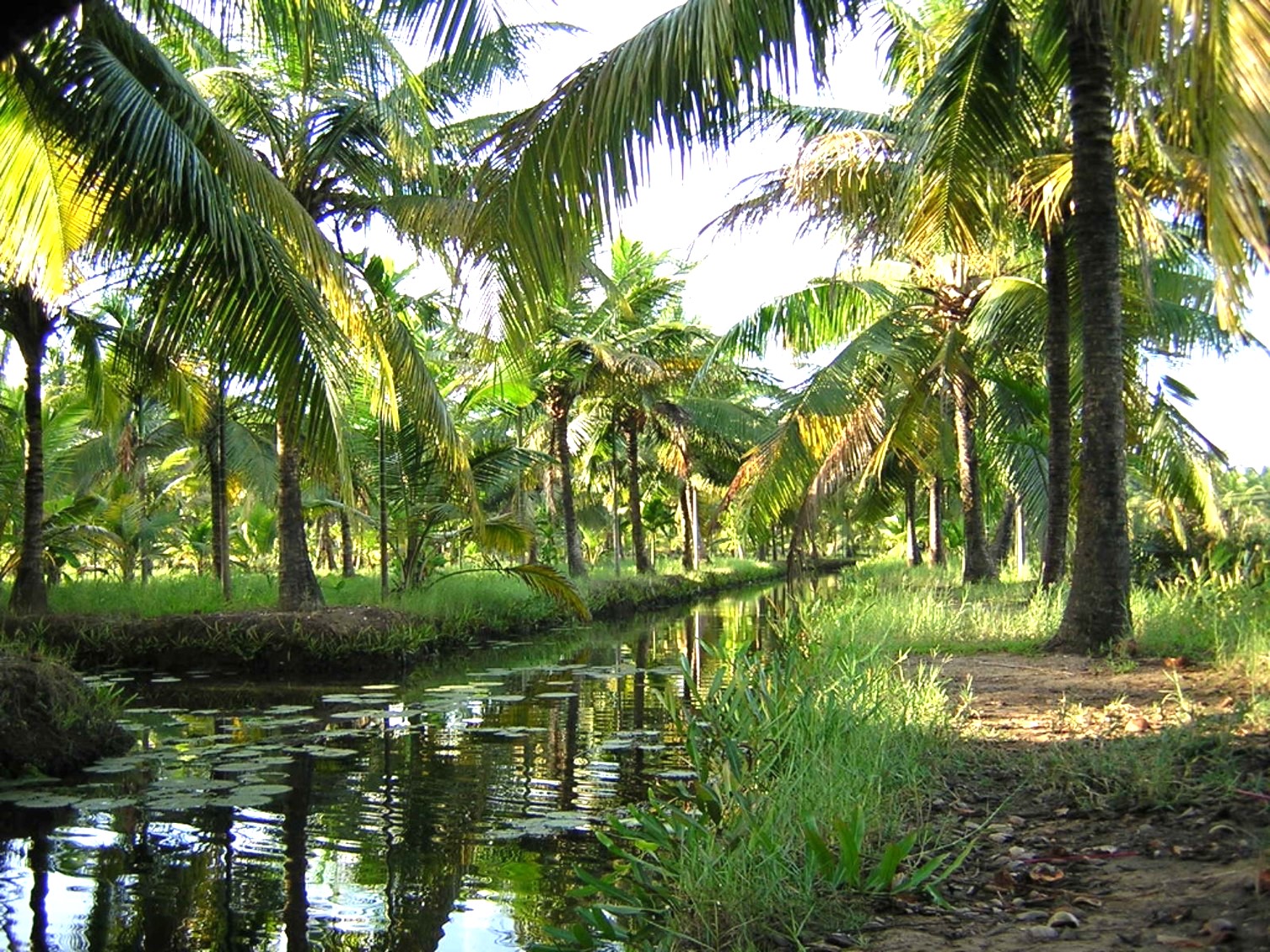






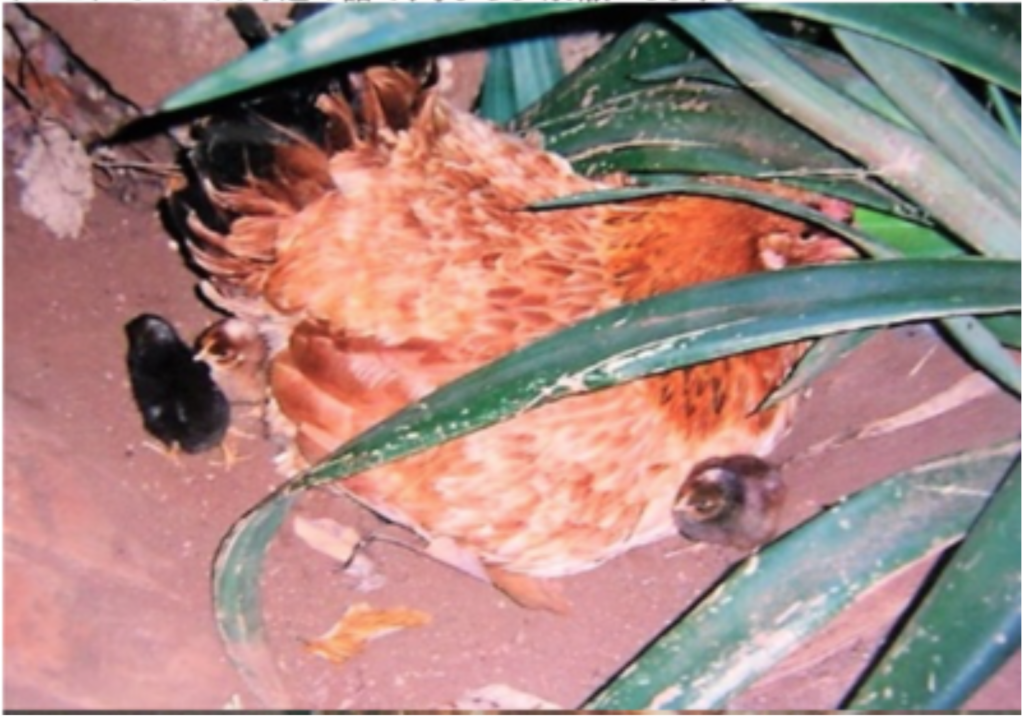

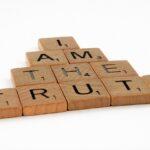



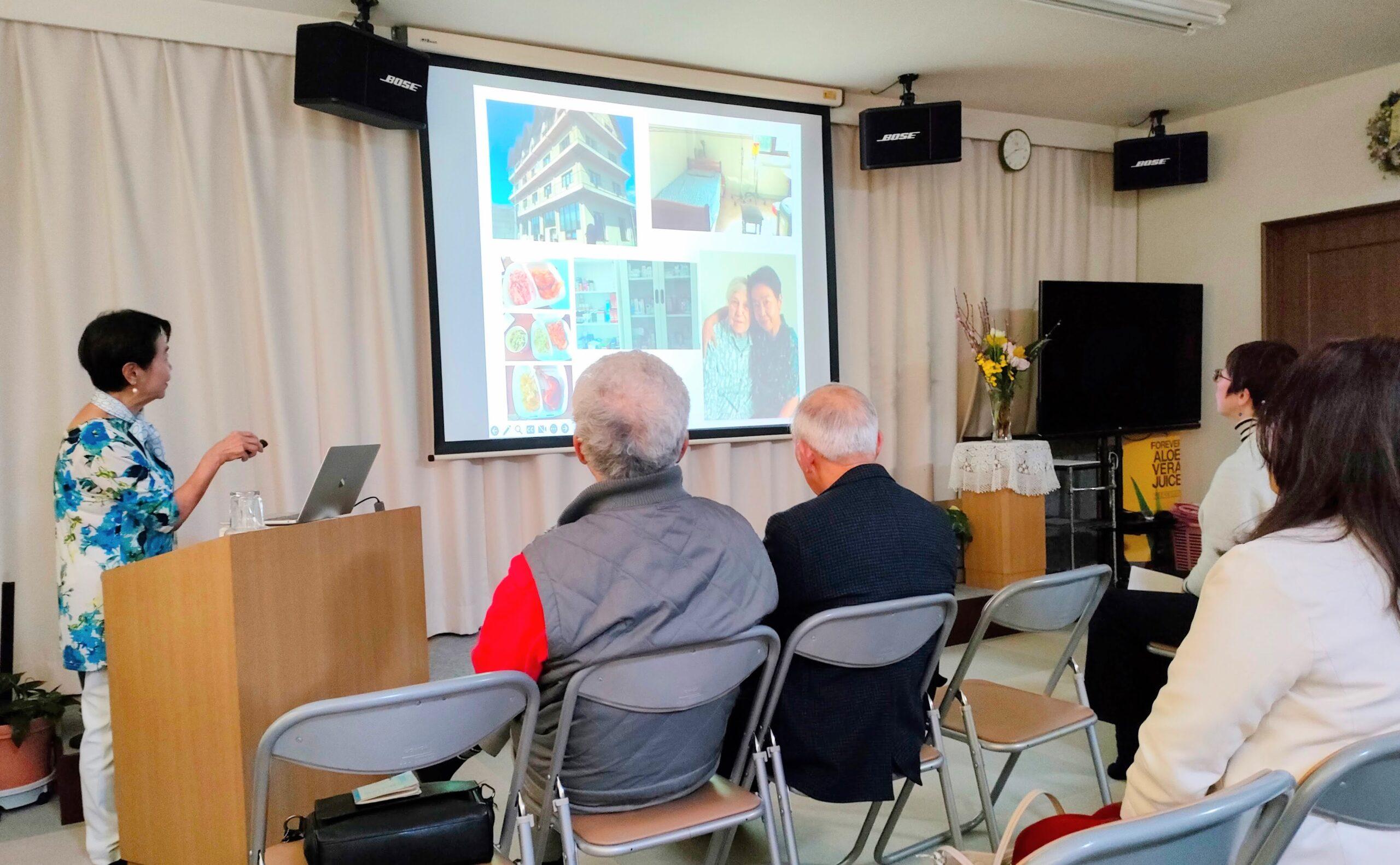
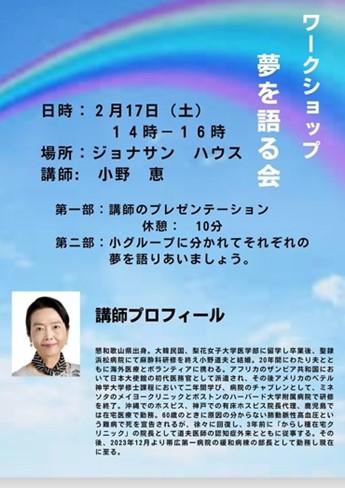
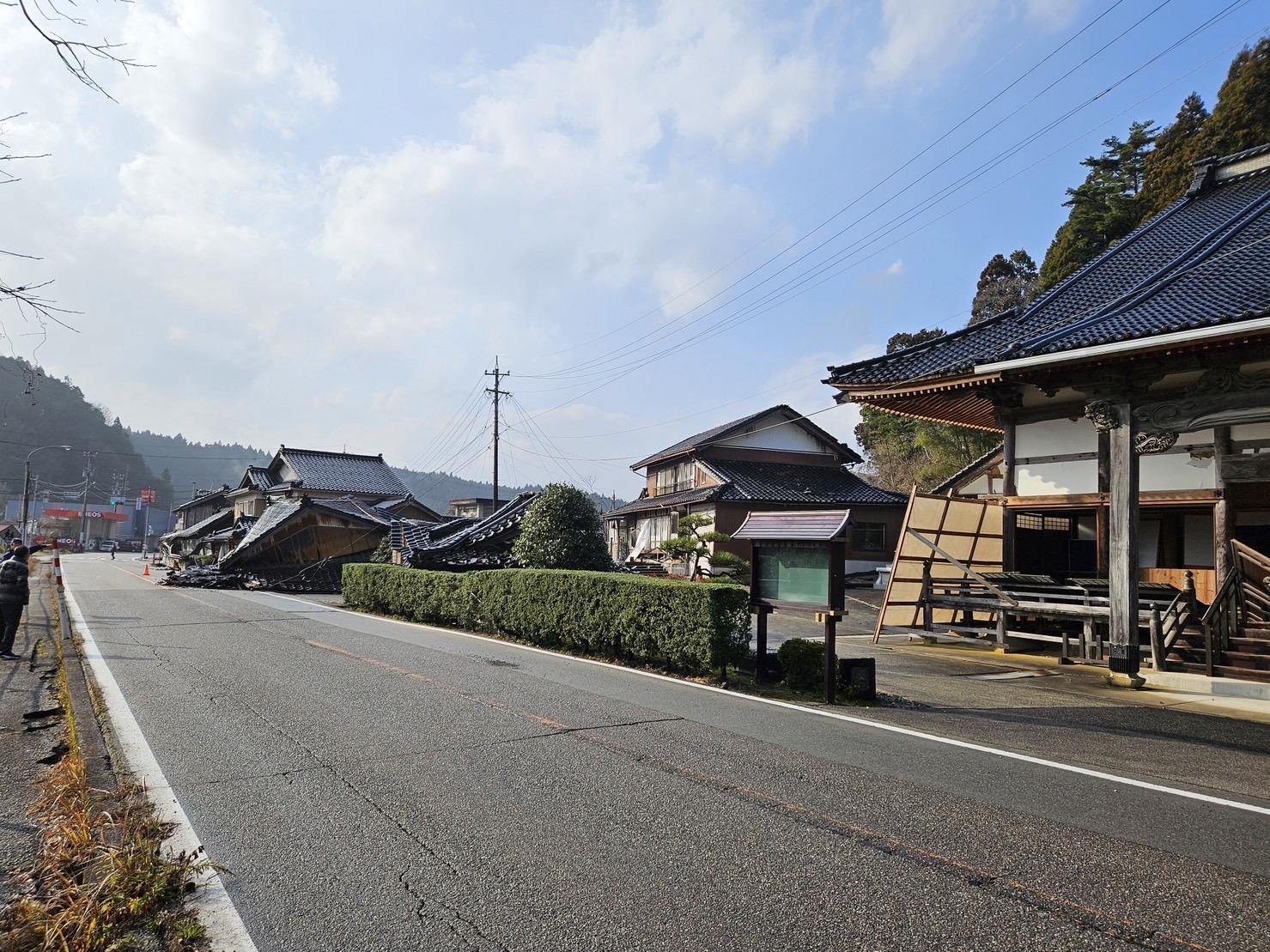
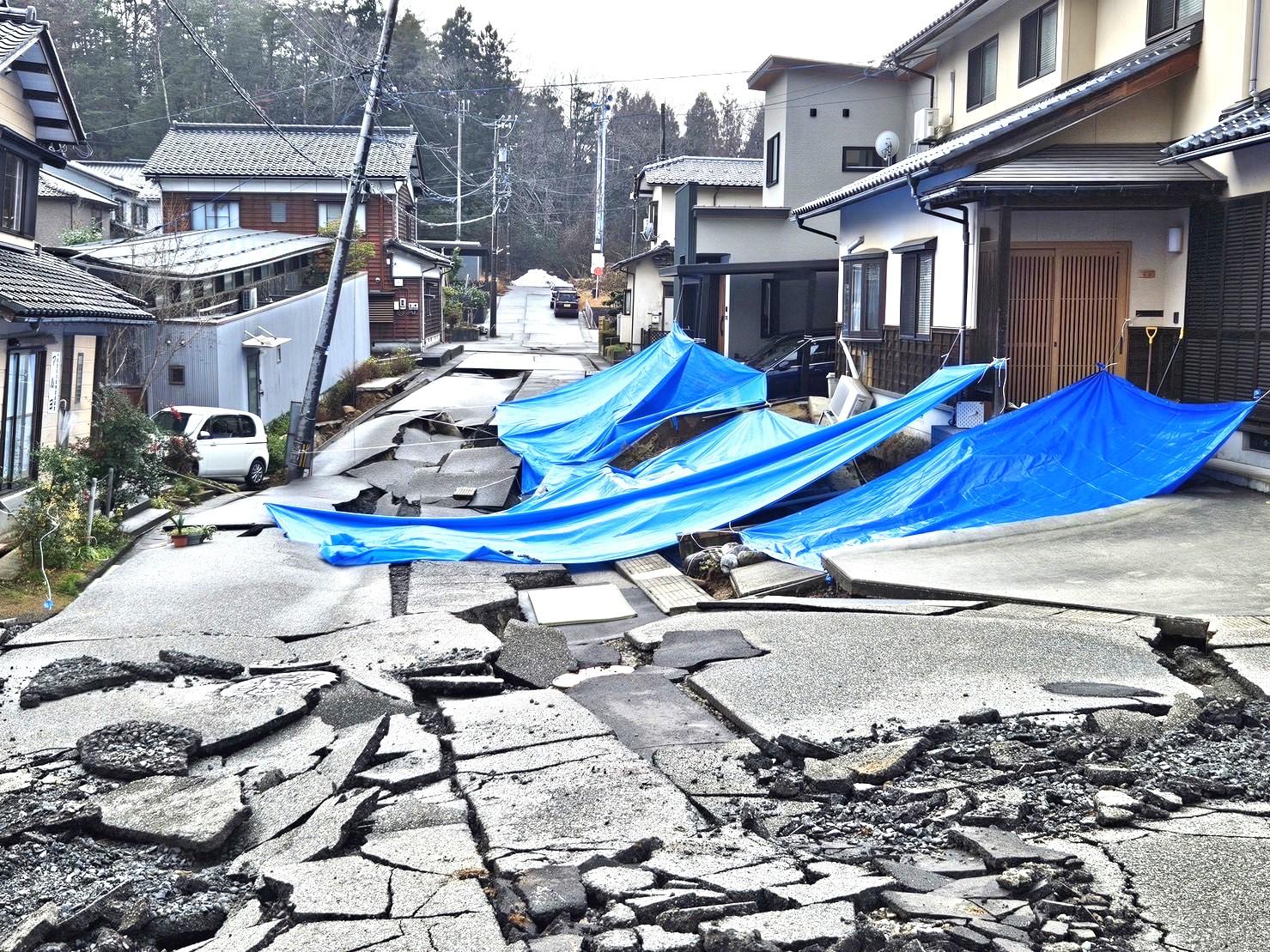
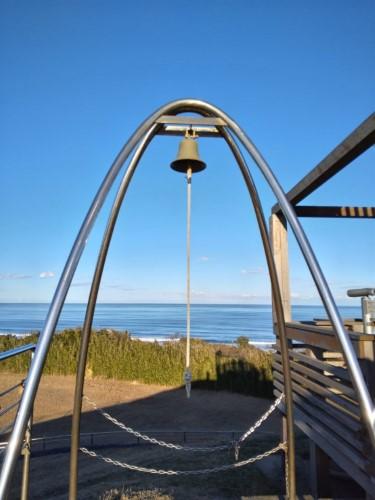
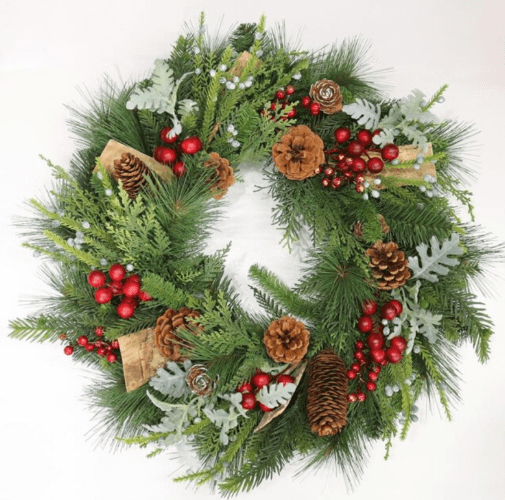
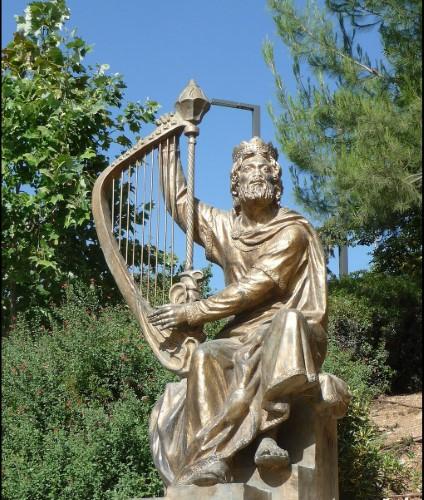



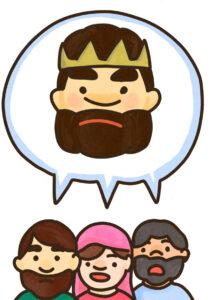
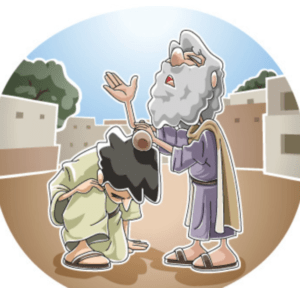
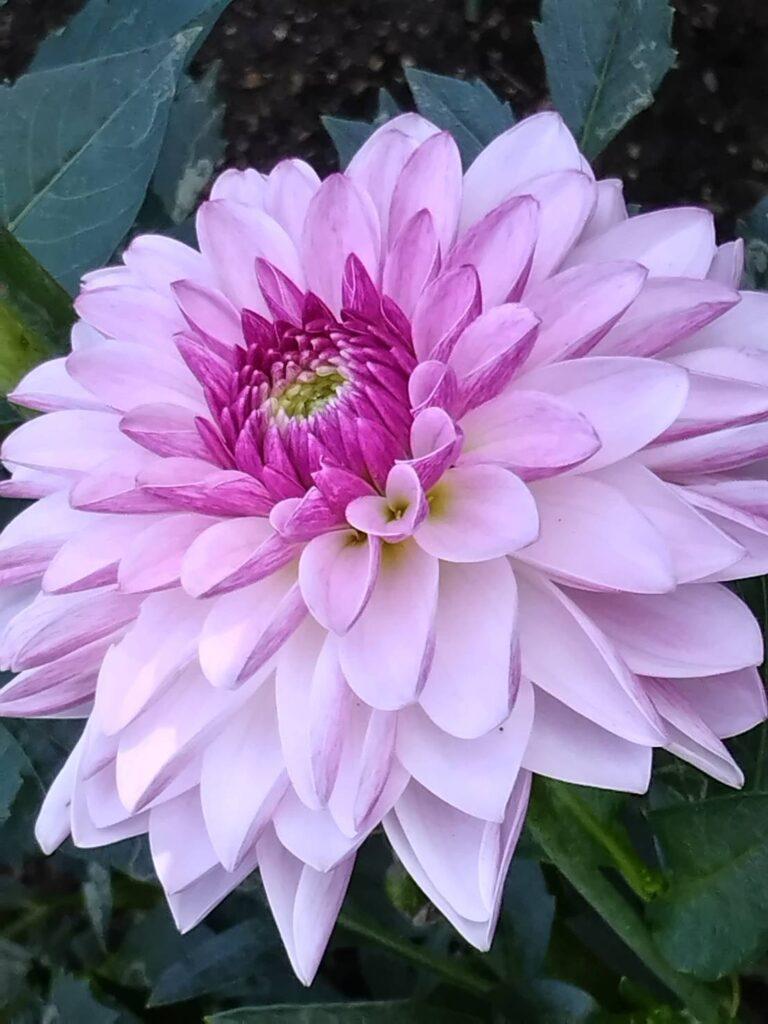
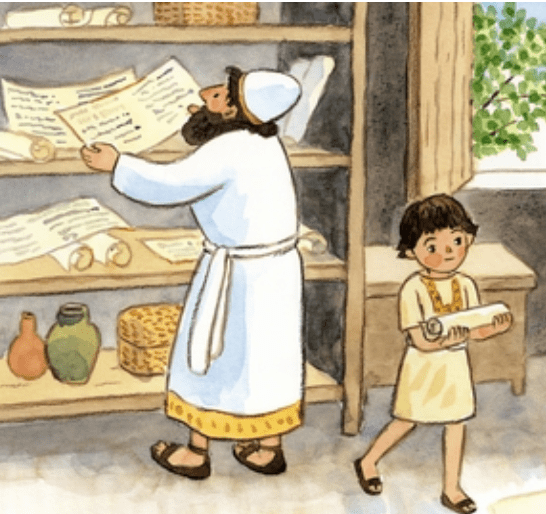
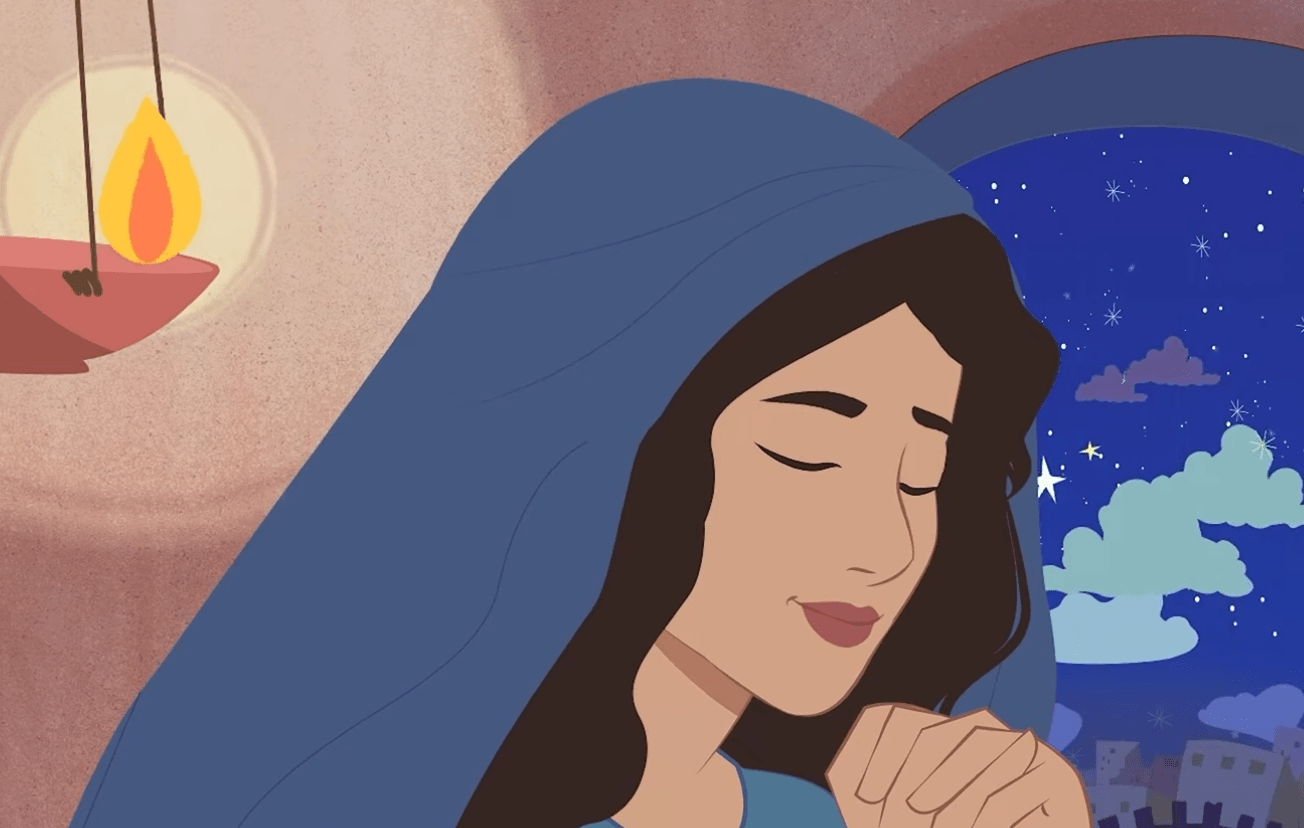
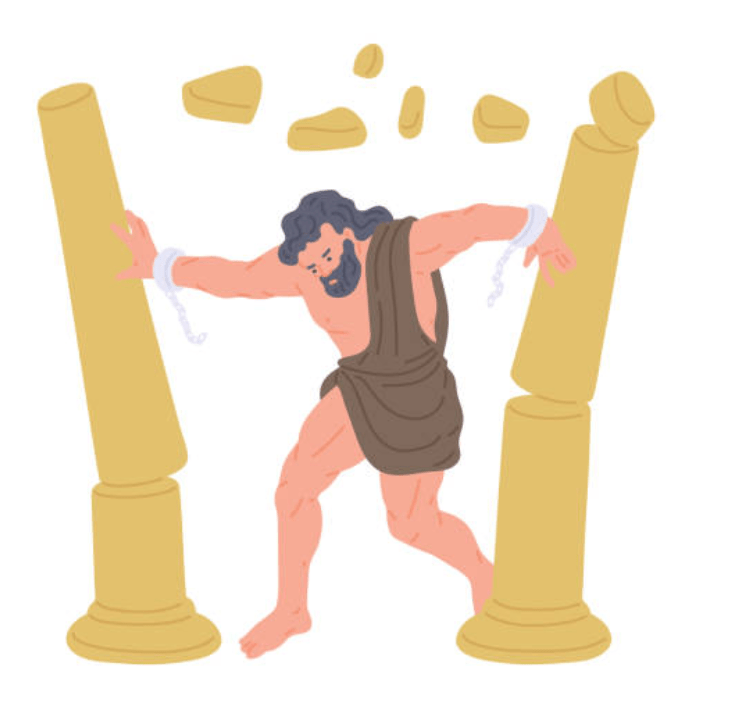
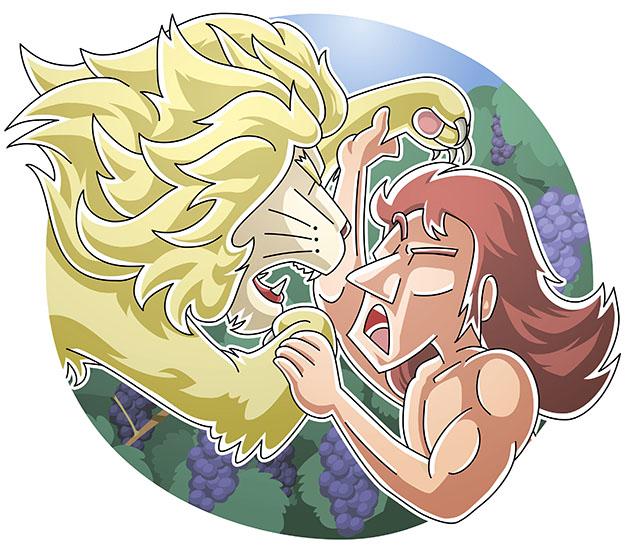
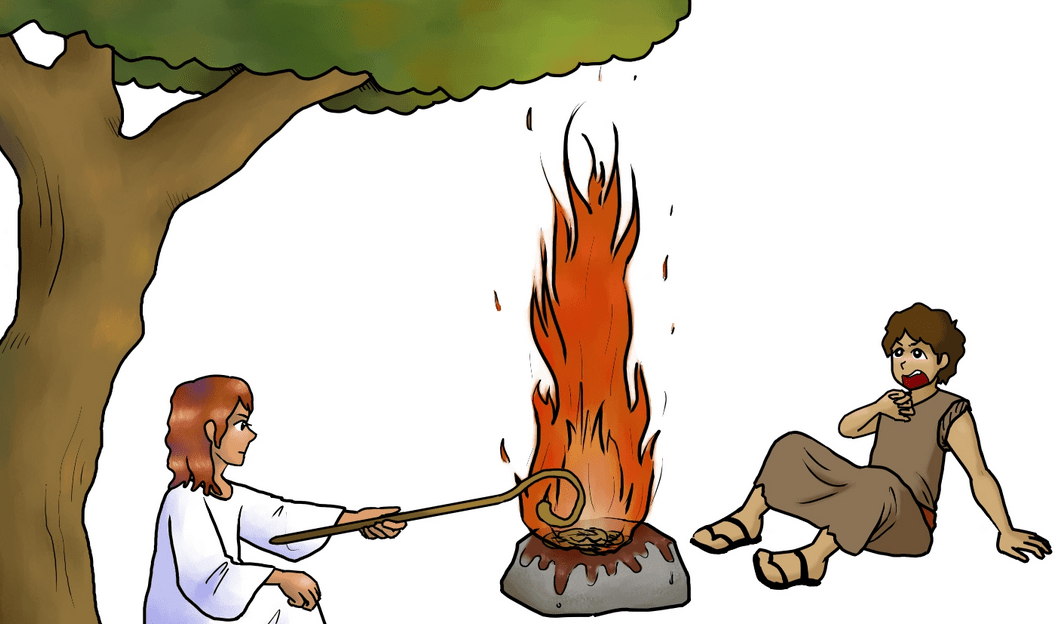
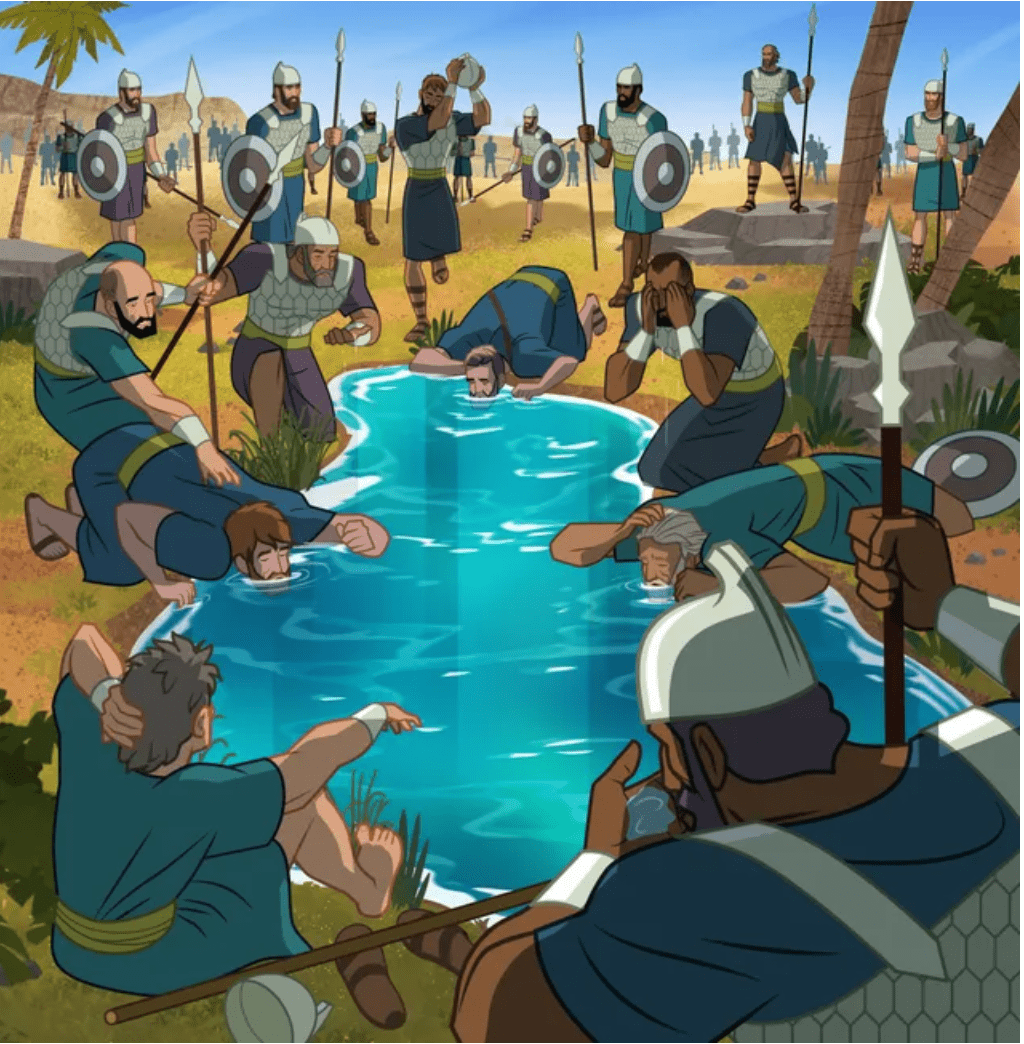
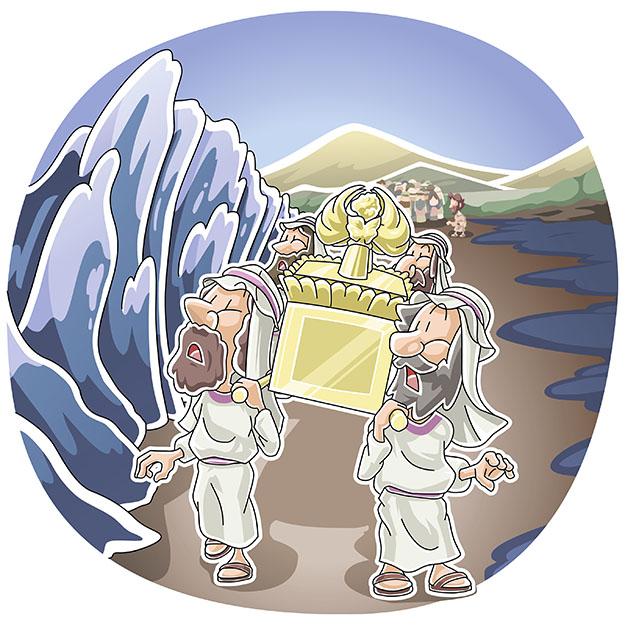
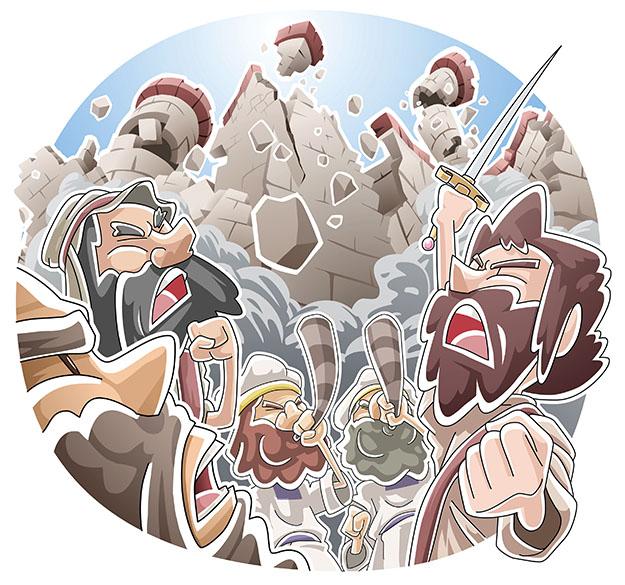



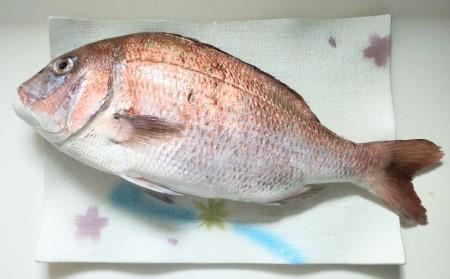
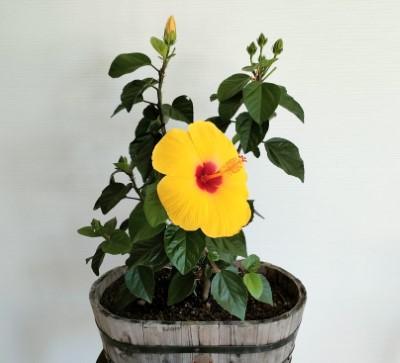



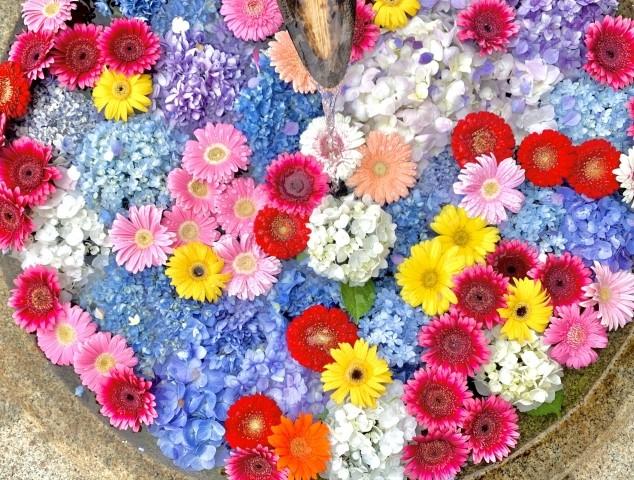
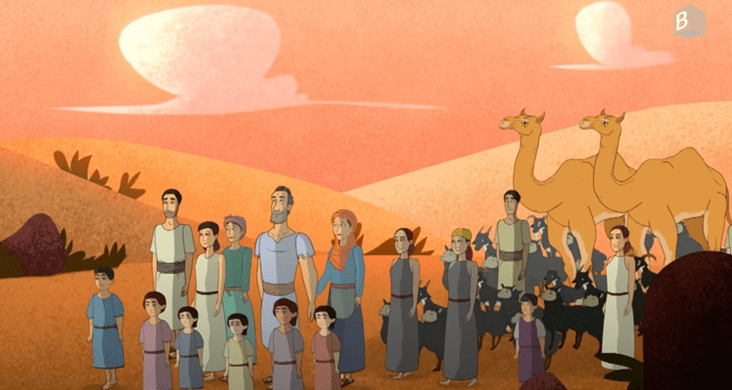
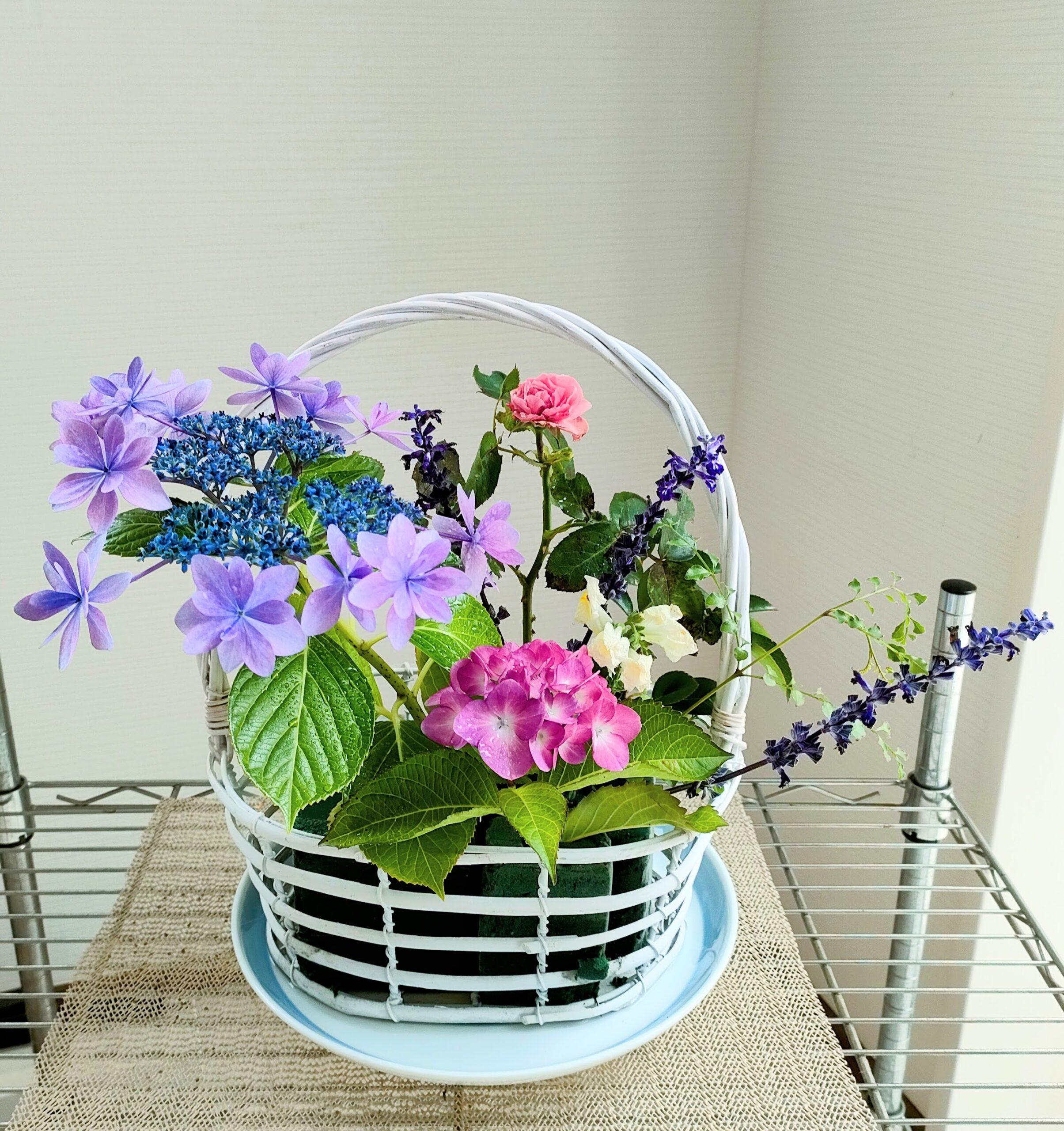


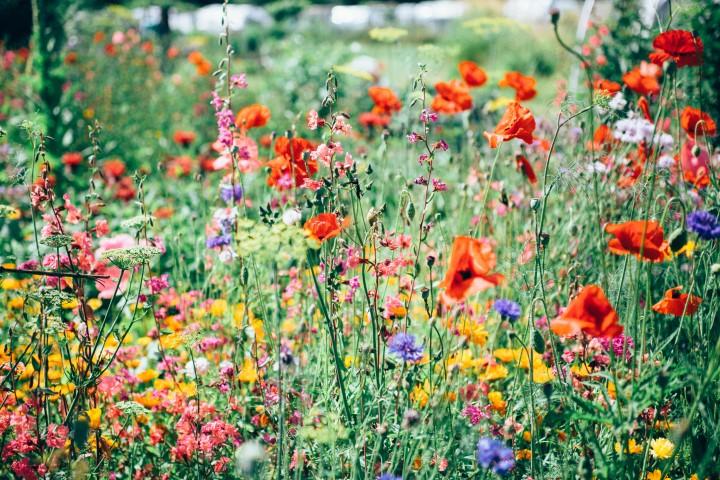
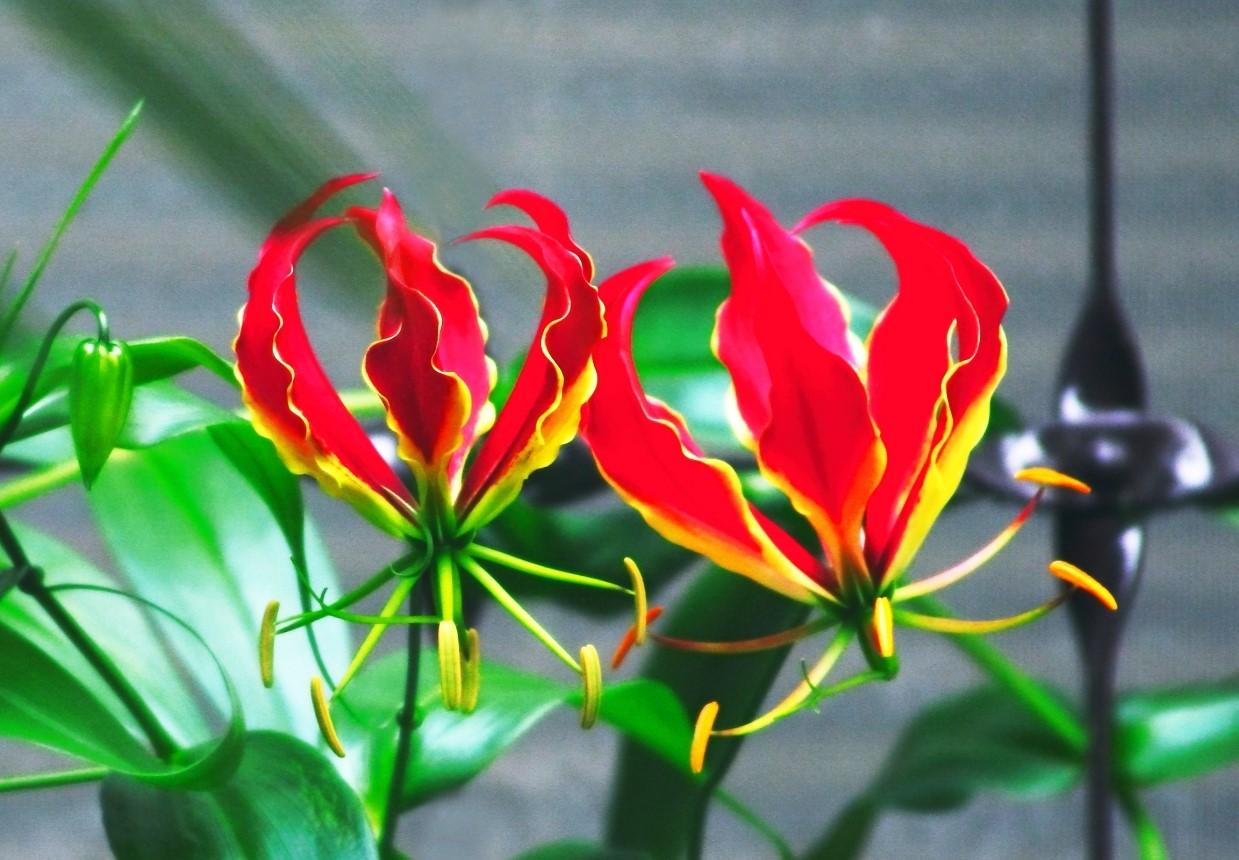
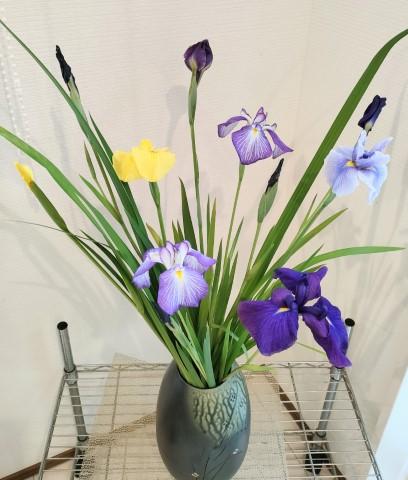
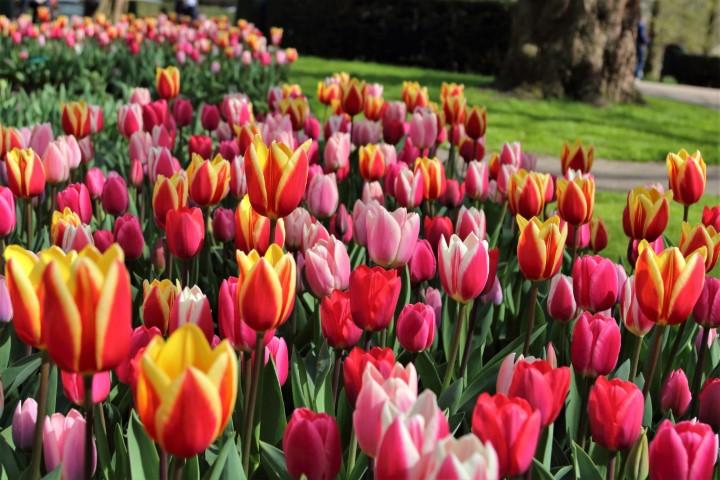
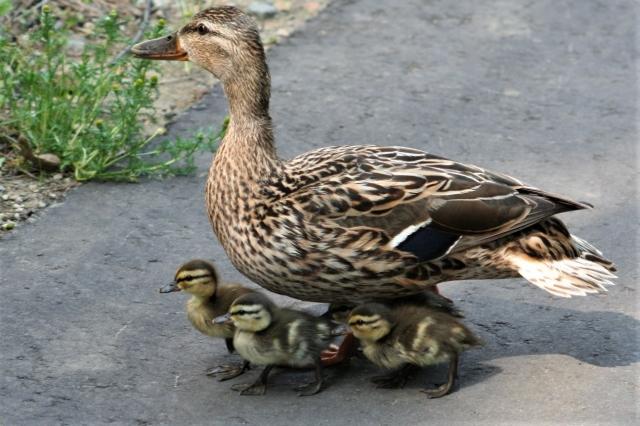
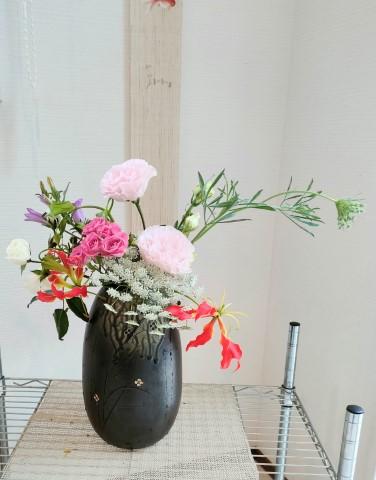
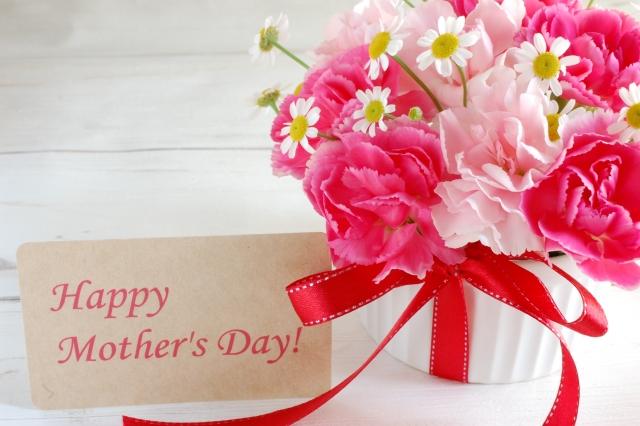

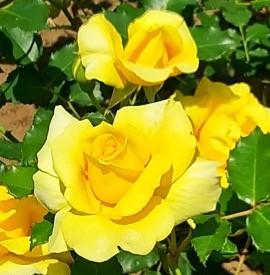
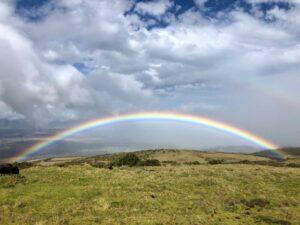

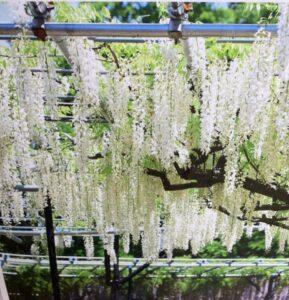


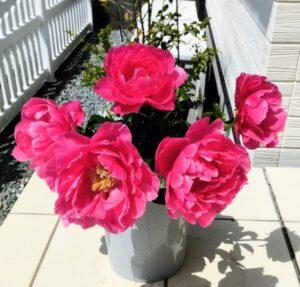

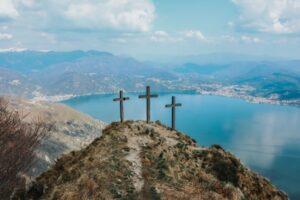
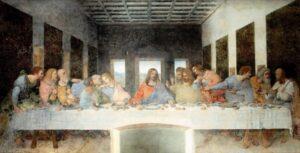
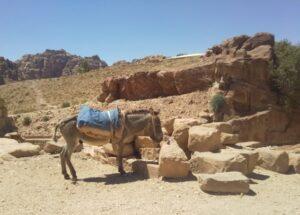




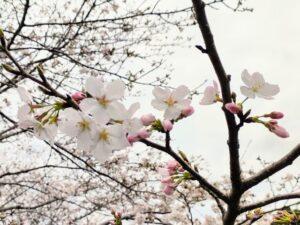
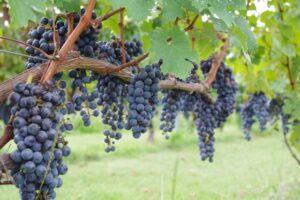


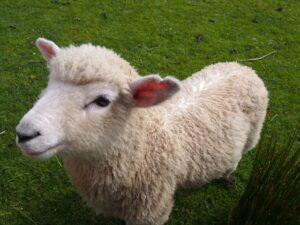

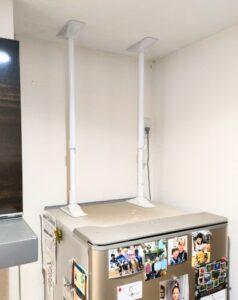

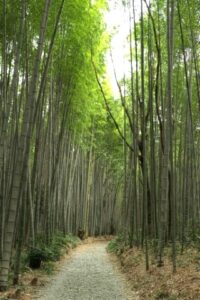
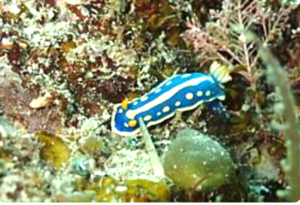

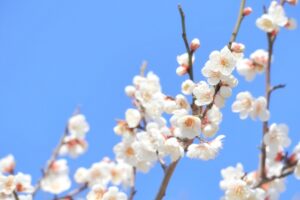
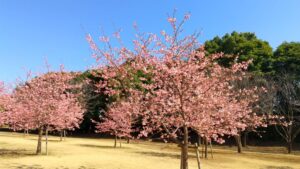

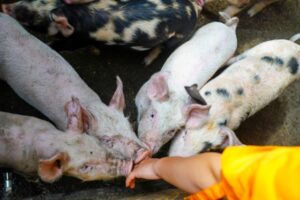
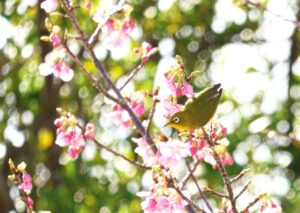

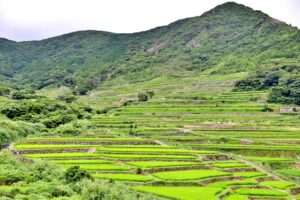
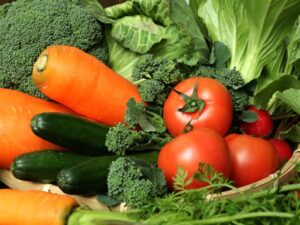
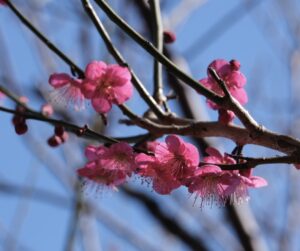
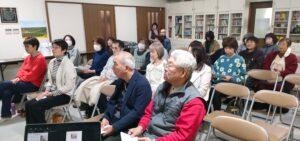
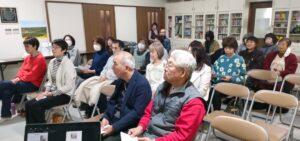
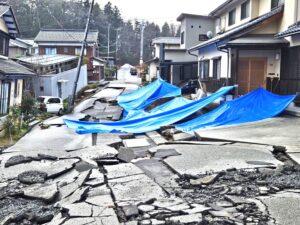
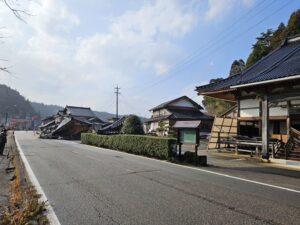
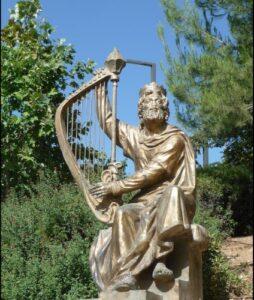

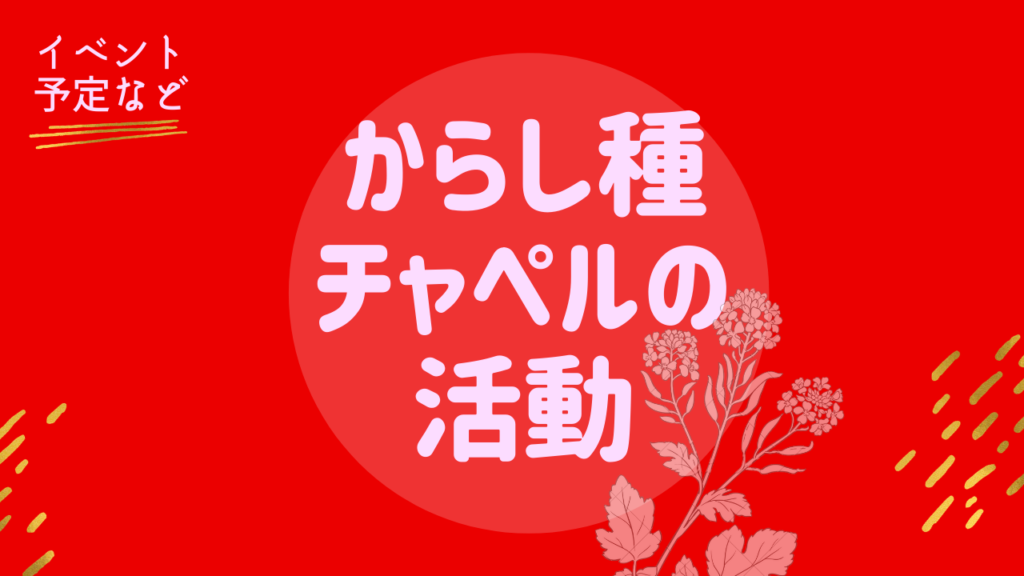 からし種チャペルの活動に関しては、ここからお入りください。皆様のご参加をお待ちしています。
からし種チャペルの活動に関しては、ここからお入りください。皆様のご参加をお待ちしています。